CCG COP29 Transport Day uses partnership to drive change
Once again this year, CCG organised a day devoted to Transport, as it is a major source of carbon emissions around the world, urgently in need of decarbonisation. It is also potentially a major route to facilitating greater opportunities for women, young people and people with disabilities to realise their potential and contribute to their nation’s economic growth.
Our colleague Holger Dalkmann led the organisation of a packed programme on 18 November for an event in partnership with High Volume Transport Applied Research, ADB, GIZ, SLOCAT and WRI.
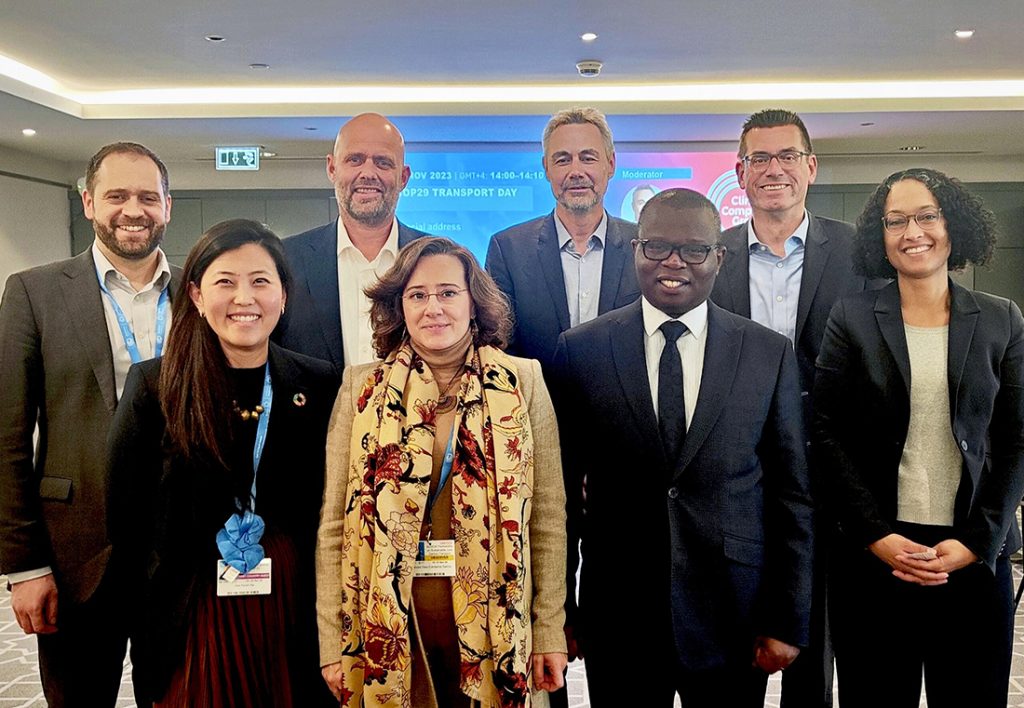
SESSION ONE – Setting the Scene, A Decade of Sustainable Transport, NDC enhancement and climate finance [unfortunately, due to technical difficulties, there is no video of this session yet but we hope to bring you one very soon]
Speakers at the first of four sessions throughout the afternoon, included Michele Diekmann of KfW Development Bank and Peter Dale, Head of Transitions at UK DESNZ who highlighted the launch of the UK Government’s Roadmap to 2030, transitioning to zero-emission vehicles. Jochen Renger, Head of Climate at GIZ, reminded the meeting that the recent Hamburg Charter identifies mobility as a human right. Maruxa Cardama, Secretary General of SLOCAT emphasised the need for a transport package in the Loss and Damage Fund so that infrastructure destroyed by storms, for example, could be reinstated.
We were honoured to be joined by Hon Min Dieudonne Dukundane from Burundi who was keen to make the case that Standard Gauge rail is essential for sustainable economic development of landlocked countries in Africa. referred to CCG in his speech. At a high-level meeting at COP later, the Minister highlighted his country’s readiness to work with CCG, the African Development Bank and The World Bank on greening Burundi’s urban infrastructure, with a focus on the tramway in Bujumbura.
The other contributor to our first session was Joo Hyunha, from the Climate Champions Team who spoke about the Breakthrough Agenda: Avoid & Shift, which was launched at COP29 shortly after this event.
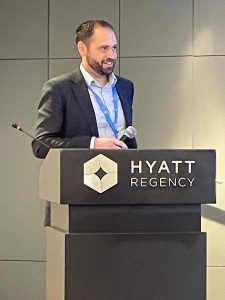
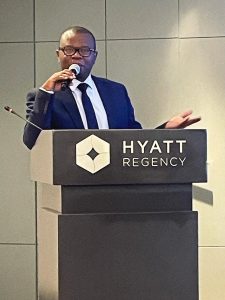
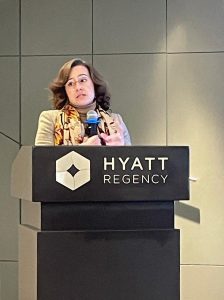
SESSION TWO – Transport Decarbonisation Pathways [watch the video of this session]
Mark Howells presented Data-to-Deal with a particular focus on how it could be useful in the Transport context. CCG has written a special Policy Brief on this subject for COP29, and you can read it here.
Liza Castillo of SLOCAT, presented on the (HVT) Transport Decarbonisation Index and was followed by Wei Shiuen Ng from UNESCAP who spoke on NDC transport enhancement in Asia. Nicolas Peltier from the World Bank and SUM4ALL presented on SDG Tracking and ZIPAR’s Malindi Msoni presented via video on the theme of accessible data and modelling for Africa. This panel then answered questions and discussed issues raised from the presentations.
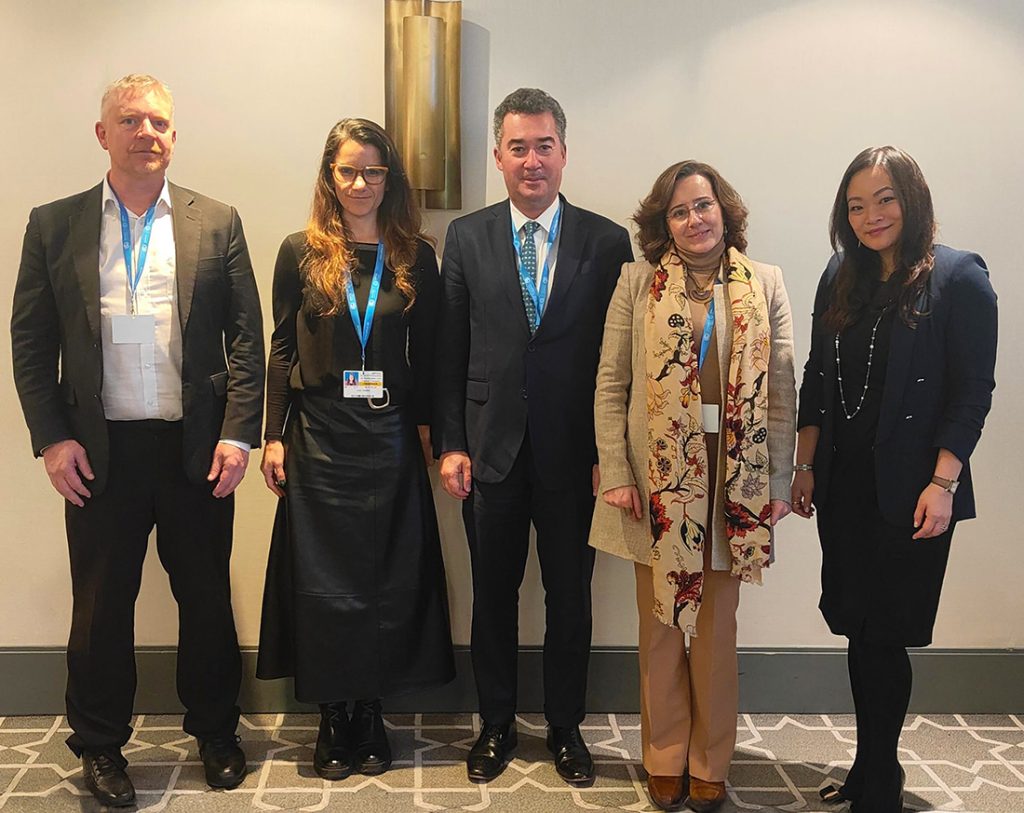
SESSION THREE – Tools and Research towards low carbon transport [watch the video of this session]
Jamie Leather of the Asian Development Bank delivered the key note on the latest trends and policy development in the Asian Transport sector.
Angad Gadgil of Gaia India, spoke on Data Democratisation for Decarbonisation and was followed by Jari Kauppila of ITF on NDC templates and guidance. Popular transport was Mohamed Hegazy from Transport for Cairo’s theme. Lucie Anderton from UIC spoke on Rail, Philip Turner of UITP on Public Transport and Jill Warren of ECT on Active Mobility. The panel was moderated by Mark Major from the Kühne Foundation.
SESSION FOUR – Climate Finance to Accelerate a Just Transition [watch the Video of this session]
Felipe Ramirez of WRI spoke on Accessing Climate Finance and Nguyen Phuong Hien of TDSI Vietnam spoke on the theme of EV Bus Procurement. CCG’s Vivien Foster shared Lessons Learned from the Energy Sector and then the panel including Nicolas Peltier (World Bank); Juman Kubba (International Workers Federation); Marco Yamaguchi (African Development Bank); Jamie Leather (Asian Development Bank) answered questions and discussed the theme in a session moderated by Alice Yiu of SLOCAT.